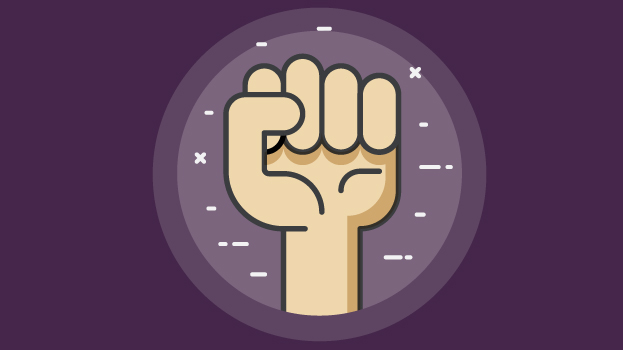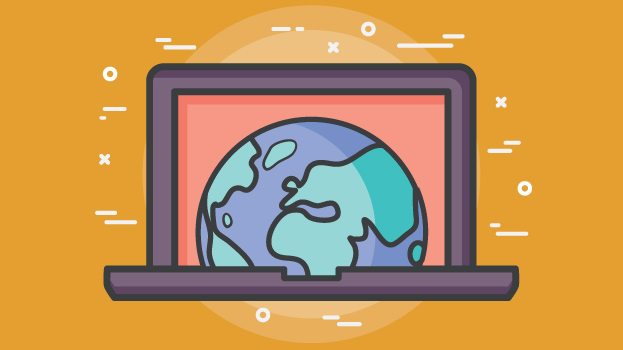Long-term gaps between employment were once seen as a red flag for recruiters and hiring managers.
However, post COVID-19, the dreaded employment gap is no longer judged as fiercely as it once was. On the contrary, most hiring managers / future employees will be sympathetic as they are intimately aware of the situation.
In fact, according to the International Labour Organisation, an outstanding 255 million jobs were lost due to the Covid-19 pandemic globally. As a result, the unemployment rate increased by 1.1 per cent, to a total of 6.5 per cent.
In this light, businesses will naturally be acutely aware that this unprecedented time will result in millions of individuals having extensive employment gaps on their resumes.
Consequently, most employers are increasingly looking past these unemployment gaps, instead seeking candidates that showed resilience during the pandemic, either by remaining productive, learning a new skill or seeking meaningful experiences while unemployed.
That being said, the question for many remains…
How to address employment gaps as a result of Covid-19
If you have lost your job during the Covid-19 pandemic, you may be concerned about how you will explain this employment gap now and in the future. Here are a few ways you can address your employment gap on your resume professionally and effectively.
Remain focused and positive.
Losing a job at any given time can be a very challenging experience. When you add in a global pandemic to the mix, this naturally leaves many individuals feeling discouraged they will not find a new opportunity. This can be especially hard for people that have never had an employment gap on their resume before.
Although it is important to remain focused and positive during this time, we understand this can be incredibly difficult in the midst of lockdowns & increased restrictions. The most important thing to remember is to not allow your employment gap to discourage your job search.
You need to remember that millions of other individuals globally are experiencing the same situation and that you are not alone.
Be honest with potential employers.
In the current situation, more people than ever have been or are being laid off. Employers are aware of this and the unprecedented job loss millions are experiencing.
While you may be tempted to leave your employment gap off of your resume or make an excuse as to why you have been out of work, it’s best to be honest with potential employers.
In fact, many employers will understand an employment gap due to the covid pandemic, and will not hold this against you when considering you for a position at their company. If they do, then the job / company may not be right for you in the first place.
Update your resume and CV.
To ensure hiring managers understand your unemployment gap is directly related to Covid-19, it’s important to modify your resume and cover letter to reflect this. It’s also worth investing in developing your online reputation as well.
This includes making sure both your LinkedIn profile and resume match. In today’s digital world, employers can quickly find you on social media and assess your qualifications as well as your professionalism.
To indicate that you have / are being laid off due to COVID-19, you can add “The Coronavirus Job Gap” to your LinkedIn profile as a ‘company’.
Doing this will help all potential employers quickly see why you are out of a job and help with hiring managers potentially dismissing your resume due to an employment gap.
Take the initiative while unemployed.
Being unemployed is not ideal but you can use this time to expand your knowledge and skills related to your career. In addition, you can contact former employers to reach out and see if you can help with projects as a freelancer or on a part-time basis.
Staying active and involved in your chosen career despite being unemployed shows future employers that you are committed and focused on solutions that help you grow professionally.
Explain your job-seeking efforts
When interviewing for a job position, be sure to explain that you have been actively looking for jobs and ways to build skills while being unemployed.
This shows employers that you have taken the initiative after being laid off and didn’t let your job loss prevent you from learning & investing in your professional development.
Discuss any project-based assignments you worked on while unemployed or any educational training you did to further your career.
The goal is to portray yourself as someone who continues to be productive and resilient despite the job loss.
Explain what you’ve been getting up to.
Employers, more than anything, want to see you putting this time to good use.
Despite losing their jobs due to the pandemic, many individuals have still been working hard from home, volunteering safely in their communities, or discovering a new hobby.
No matter how you have filled your employment gap, you can always positively spin it in an interview.
Talk about what you have learned during this time, whether that is personal, social or professional.
All in all, periods of unemployment, especially those brought on by uncontrollable circumstances, are nothing to be ashamed of. However, be sure to show your job loss is not related to an individual performance issue but rather a corporate decision due to Covid-19.
When asked to explain a resume gap in your following interview, follow these best practices to show employers and talent hiring managers how you have effectively used your time during your employment gap.













 August 10, 2021
August 10, 2021 







